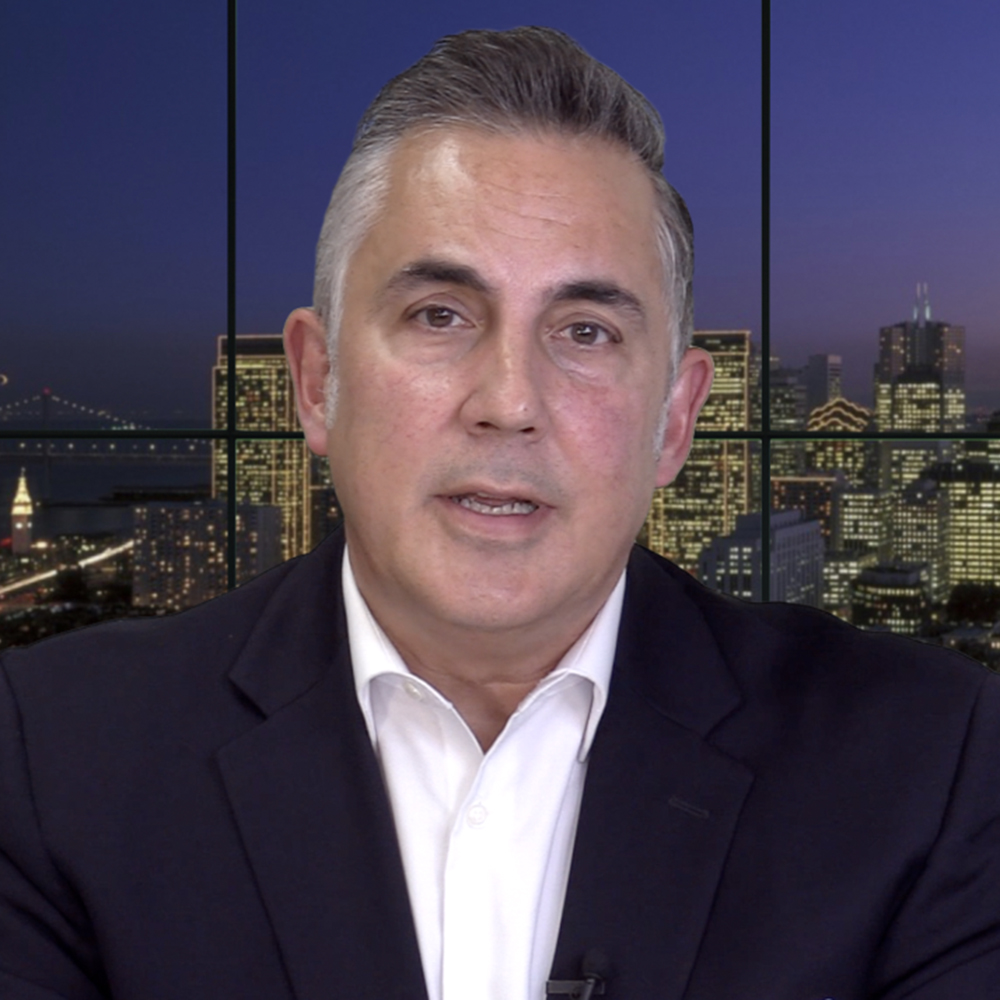Government Accountability Office outlines reasons to keep the HECM in FHA MMI Fund
On its face, the calls the separate the highly-volatile Home Equity Conversion (HECM) from the FHA’s MMI (Mutual Mortgage Insurance Fund) appear fair-minded and pragmatic, but a recent report from the Government Accountability Office cited several reasons why the HECM should stay put. In it’s role as a government watchdog, the GAO is to provide nonpartisan analysis and accountability on how the federal government spends taxpayer dollars.
The GAO’s report entitled “Capital Requirements and Stress Testing Practices Need Strengthening” presents arguments for both moving the HECM to the Special Risk Insurance Fund and to keep it within the MMI fund where it has resided since 2009. In recent months pressure has mounted to move the HECM program from lawmakers and trade groups alike…











4 Comments
Not sure how they lose money when seniors can only now get approx. 1/2 home value with a HECM.
And they pay 2% up front, which causes CLOSING costs to be greatly increased. dd to that the monthly charges as well, and they should have greatly increased funds with greatly reduced costs due to much lower defaults in future. All problems seem to stem from the PAST.
If those in charge of this FUND now can’t run it profitably, then it should be taken away from them and it should be run by a Private firm.
Mike,
Frivolous suggestions belong in another vlog. I know of no reliable source that states all losses come from years before HECMs endorsed before fiscal 2017.
It is obvious you have not read either the 2017 Actuarial Review on the HECMs in the MMI Fund or the 2017 FHA Annual Report on the Financial Status of the MMI Fund.
It seems many in the industry have bought into the propaganda that financial assessment would eliminate losses in the MMI Fund. That is one of the most worthless and ridiculous predictions, I have ever heard. In fact FHA makes clear that the loss per HECM from HECMs still active in the MMI Fund as of 9/30/2017 is MUCH higher for those HECMs originated during fiscal 2017 than those originated in either 2014 or 2015.
HECMs are like tax law. You cannot absorb how they work by simply being in the industry. You need to do your homework. Even though the lenders and one of their vendors got all caught up with financial assessment, stopping losses from new originations is much different than simply mitigating tax and insurance payment defaults, some of which may not result in losses at all.
If you really want to see how silly your argument is, just look at Page iii of the Executive Summary of the 2016 actuarial review on HECMs in the MMI Fund. There is no future year the actuaries predict that show that new business will not result in less than $200 million in losses but even that may be too low.
Well said Mike, have we ever seen the government apply real life fixes to problem?
A private run HECM program is the one of the ways the HECM program can be saved.
The other is to speed up the back end and cut through the red tap of the foreclosure in a timely manner. Thousands of dollars of equity is squandered by the government with it come to their required foreclosure process. Maybe the regulator cutter should start at the back of the problem.
Scott,
Since when are foreclosure procedures those of HUD? These are loans from private lenders that HUD happens to insure. Loans in foreclosure are governed by state law with HUD having certain additional requirements in order to protect its position in case of loss. By the way not all foreclosures result in losses to the lender or ultimately HUD. (Yes, some foreclosures occur on assigned HECMs but there is so little information on that subject that I refuse to participate in that discussion until there is.)
Where will private companies get their profits from? There is no creditable lender that would want to run the HECMs in the MMI Fund. Perhaps there is one in the world of role playing but nowhere else.
Please see what I wrote Mike.
Nice diversion, now back to work.